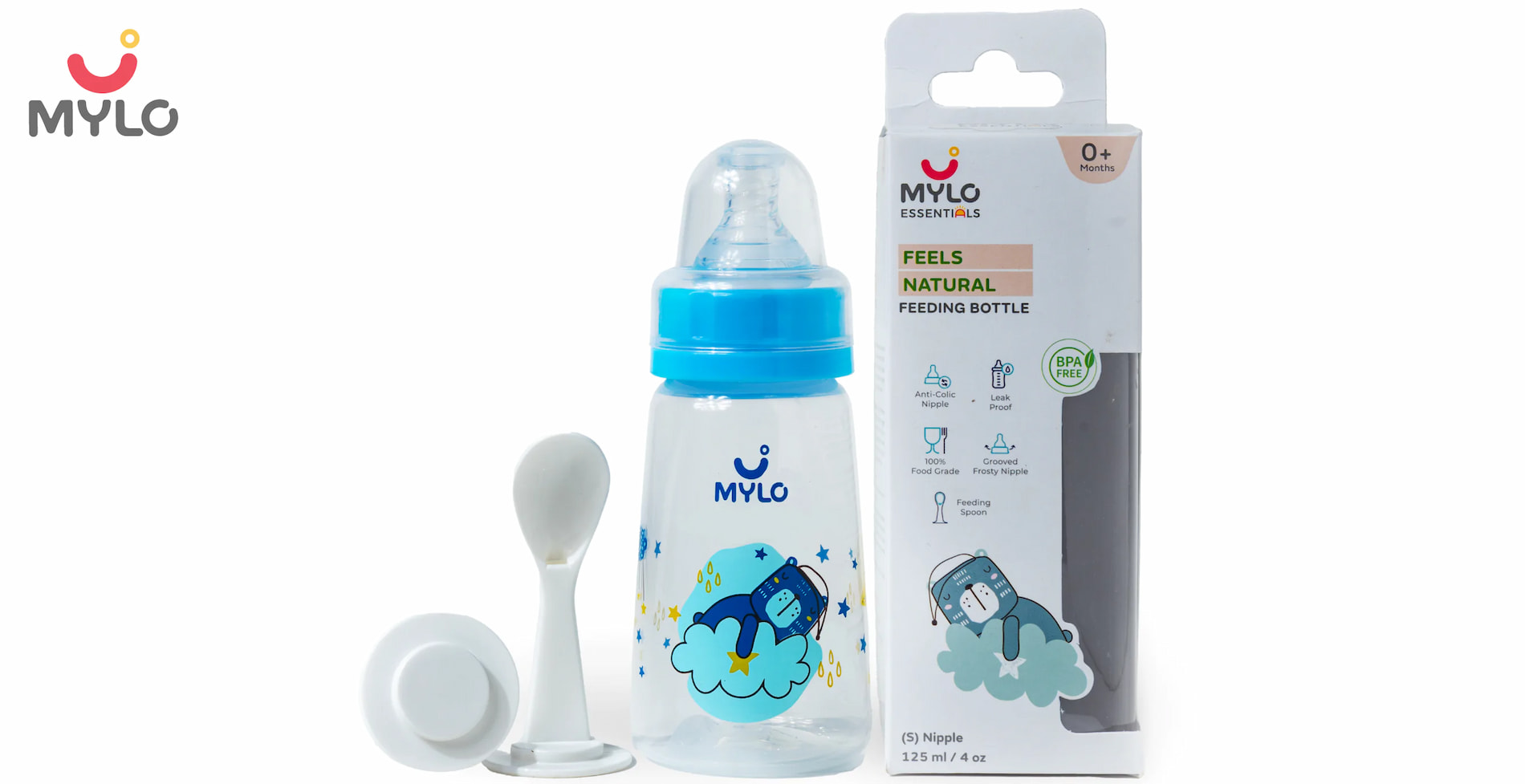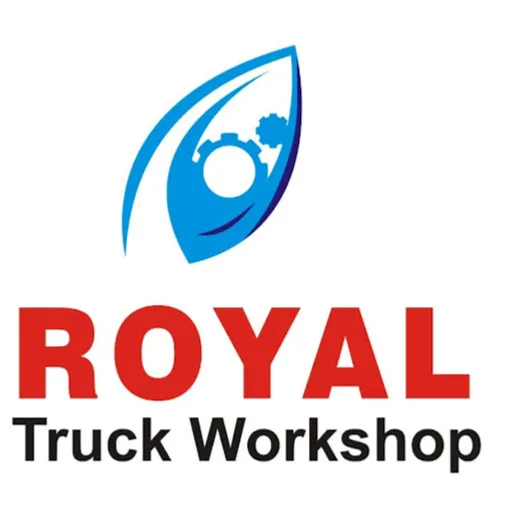- Home

- Feeding from a Bottle

- Which Feeding Bottle Is Best for Babies: A Guide for New Parents
In this Article
Feeding from a Bottle
Which Feeding Bottle Is Best for Babies: A Guide for New Parents
Updated on 12 September 2023
As a new parent, you want nothing but the best for your little one. From picking out the perfect crib to choosing the softest onesies, every decision you make is with your baby's well-being in mind. And when it comes to which feeding bottle is best for babies, you want to choose only the best feeding bottle for your little one.
With so many options available, it can be overwhelming to decide which one is best for your baby. That's why we've put together this guide to help you navigate the world of feeding bottles and find the perfect one for your little bundle of joy. So, sit back, relax, and let's dive in!
You may also like: How to Bottle-Feed Your Baby
Types of Feeding Bottles
When it comes to choosing the best feeding bottle for your baby, there are several options to consider. Each type of feeding bottle comes with its own set of features and benefits. Understanding the different types can help you make an informed decision. Here are the most popular types of feeding bottles available on the market:
1. BPA-free feeding bottle
Bisphenol A (BPA) is a chemical commonly found in plastic products, including some feeding bottles. However, research has shown potential health risks associated with BPA exposure, especially for infants and young children. To address this concern, many manufacturers now offer BPA-free feeding bottles. These bottles are made from materials that do not contain BPA, providing a safer option for your baby.
2. Anti-colic feeding bottle
Colic is a common problem among babies, causing excessive crying and discomfort. Anti-colic feeding bottles are designed to reduce the amount of air your baby ingests while feeding, thereby minimizing the likelihood of colic. These bottles often feature special vents or valves that help prevent the formation of air bubbles, resulting in a more comfortable feeding experience for your little one.
3. Silver feeding bottle
Silver has antimicrobial properties, making it an excellent choice for a feeding bottle. Silver feeding bottles are known for their ability to inhibit the growth of bacteria, helping to keep the bottle clean and hygienic. Additionally, silver bottles can also help regulate the temperature of the milk or formula, keeping it warm for a longer period.
4. Stainless steel feeding bottle
Stainless steel feeding bottles have gained popularity in recent years due to their durability and safety. They are free from potentially harmful chemicals like BPA, phthalates, and lead. Stainless steel bottles are also known for their excellent heat retention properties, keeping the contents warm for a longer time. These bottles are a great option if you're looking for a long-lasting and eco-friendly choice.
5. Glass feeding bottle
Glass feeding bottles have been used for generations and are still a popular choice among parents. They are made from non-toxic materials and do not contain any harmful chemicals. Glass bottles are easy to clean, as they can be sterilized at high temperatures without the risk of melting or warping. While they may be slightly heavier than other options, glass bottles offer a safe and environmentally friendly choice for feeding your baby.
Also read : The Ultimate Guide to Anti-Colic Feeding Bottles: Say Goodbye to Colic
Features to Look Out for In Feeding Bottles
When understanding which feeding bottle is best for babies, there are several features you should consider. These features can contribute to your baby's comfort, ease of use, and overall safety. Here are some important features to look out for:
1. Nipple shape and size
The shape and size of the nipple can significantly impact your baby's feeding experience. Look for bottles with nipples that mimic the natural shape and feel of a mother's breast. Additionally, consider the flow rate of the nipple, as it should match your baby's feeding needs.
2. Ease of cleaning
Feeding bottles should be easy to clean to ensure proper hygiene. Look for bottles with wide necks or removable parts that allow for thorough cleaning. Dishwasher-safe bottles can also be a convenient option for busy parents.
3. Leak-proof design
A leak-proof feeding bottle is essential to prevent messy spills during feeding time. Look for bottles with secure lids or sealing mechanisms to ensure a tight seal. This feature can save you from unnecessary cleaning and frustration.
4. Graduated markings
Clear and accurate volume markings on the bottle can help you measure the amount of milk or formula accurately. This feature is particularly useful for tracking your baby's feeding patterns and ensuring they are getting the right amount of nutrition.
5. Ease of assembly
Look for bottles that are easy to assemble and disassemble. This feature can make feeding time more efficient and hassle-free, especially when you're on the go.
Which Feeding Bottle Is Best for Babies?
Choosing the best feeding bottle for your baby ultimately depends on your specific needs and preferences. Consider factors like your baby's age, feeding habits, and any specific concerns you may have, such as colic or allergies. It's always a good idea to consult with your pediatrician or fellow parents for recommendations.
If you're concerned about potential chemical exposure, opt for BPA-free or glass feeding bottles. These options provide a safer alternative for your baby's health. For babies who experience colic or gas, anti-colic bottles with innovative venting systems can help alleviate discomfort. Stainless steel bottles are a great choice for durability and temperature control.
Remember, what works for one baby may not work for another. It may take some trial and error to find the perfect feeding bottle that suits your baby's needs. Be patient and observant of your baby's reactions during feeding to determine which bottle is best for them.
You may also : 7 Common Bottle Feeding Problems
Tips for Using and Cleaning Feeding Bottles Safely
Using feeding bottles safely is crucial to protect your baby's health and ensure proper hygiene. Here are some essential tips to keep in mind:
1. Sterilize before first use
Before using a new feeding bottle for the first time, make sure to sterilize it. This will eliminate any bacteria or germs that may be present.
2. Clean after each use
After every feeding, thoroughly clean the bottle, nipple, and any other parts. Use warm, soapy water and a bottle brush to remove any residue. Rinse thoroughly to ensure no soap residue remains.
3. Sterilize regularly
It's important to sterilize the feeding bottle regularly, especially for newborns. This can be done by boiling the bottle and its parts in water for a few minutes or by using a sterilizer.
4. Inspect for damage
Regularly check the feeding bottle for any signs of wear and tear. Discard bottles with cracks, chips, or damaged nipples, as they may pose a safety risk.
5. Avoid microwaving
Do not microwave feeding bottles, as it can create hot spots that can burn your baby's mouth. Instead, heat the milk or formula in a separate container and then transfer it to the bottle.
6. Store properly
Store the feeding bottles in a clean and dry place, away from direct sunlight. Ensure that the bottles are fully dry before storing to prevent the growth of mold or bacteria.
By following these tips, you can ensure that your baby's feeding bottles are always clean, safe, and in good condition.
Conclusion
Knowing which feeding bottle is best for babies is an important decision that can impact their comfort and overall feeding experience. Consider the different types of feeding bottles available, such as BPA-free, anti-colic, silver, stainless steel, and glass bottles. Remember that what works for one baby may not work for another, so be patient and observant of your baby's reactions during feeding.
Tags: Best Feeding Bottle For Baby in Hindi, How to Bottle-Feed Your Baby in Hindi



Written by
Anupama Chadha
Anupama Chadha, born and raised in Delhi is a content writer who has written extensively for industries such as HR, Healthcare, Finance, Retail and Tech.
Read MoreGet baby's diet chart, and growth tips

Related Articles
How Respiratory Syncytial Virus (RSV) Impacts Premature Babies Differently: What Every Parent Needs To Know
Adverbs: A Comprehensive Guide to help small children learn the usage of adverbs
Expand Your Child's Vocabulary with words that start with X: Easy, Positive, and Engaging Words, Animals, Countries, and Fruits
Unlocking Language Proficiency: The Ultimate Guide to Top 100 Sight Words for Kindergarten and Beyond
Related Questions
Hello frnds..still no pain...doctor said head fix nhi hua hai..bt vagina me pain hai aur back pain bhi... anyone having same issues??

Kon kon c chije aisi hai jo pregnancy mei gas acidity jalan karti hain... Koi btayega plz bcz mujhe aksar khane ke baad hi samagh aata hai ki is chij se gas acidity jalan ho gyi hai. Please share your knowledge

I am 13 week pregnancy. Anyone having Storione-xt tablet. It better to have morning or night ???

Hlo to be moms....i hv a query...in my 9.5 wk i feel body joint pain like in ankle, knee, wrist, shoulder, toes....pain intensity is high...i cnt sleep....what should i do pls help....cn i cosult my doc.

Influenza and boostrix injection kisiko laga hai kya 8 month pregnancy me and q lagta hai ye plz reply me

Related Topics
RECENTLY PUBLISHED ARTICLES
our most recent articles
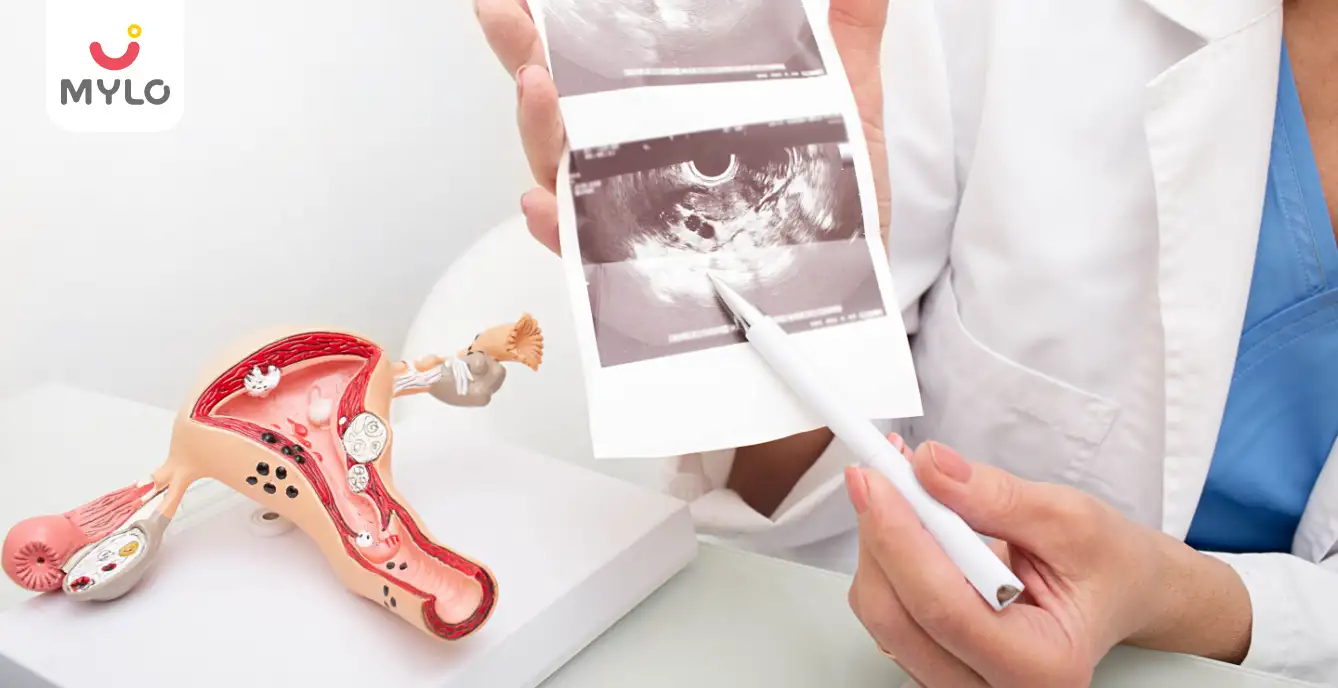
In Vitro Fertilization (IVF)
Endometrial Thickness for IVF: The Ultimate Guide to Successful IVF Outcomes
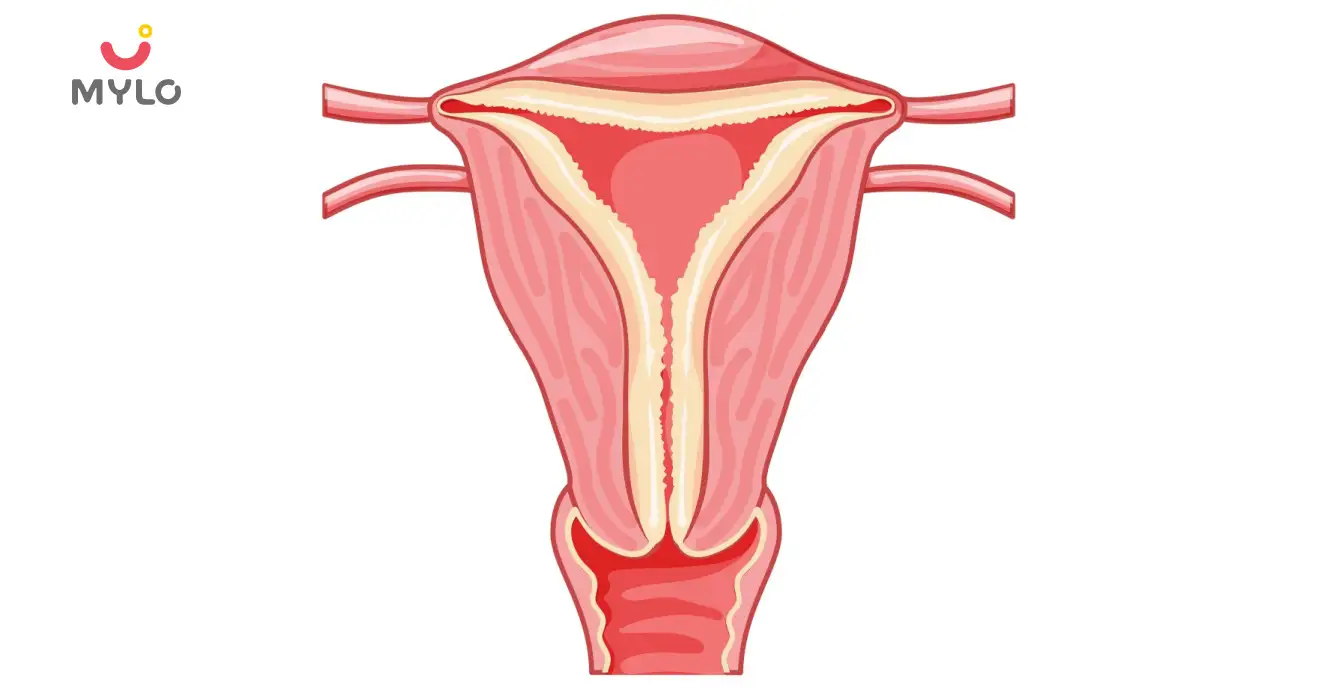
Fertility
Normal Endometrial Thickness: A Key Indicator of Female Fertility
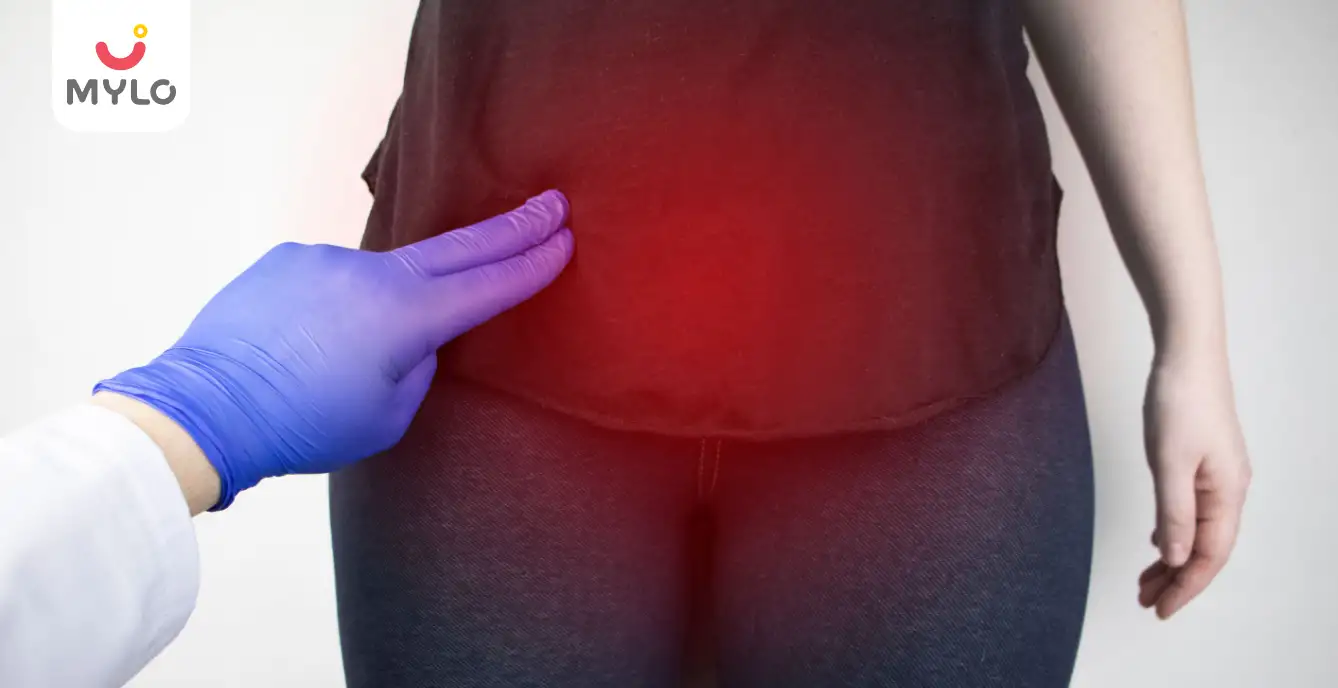
Fibroids
Uterine Artery Embolization: A Non-Invasive Solution for Fibroids
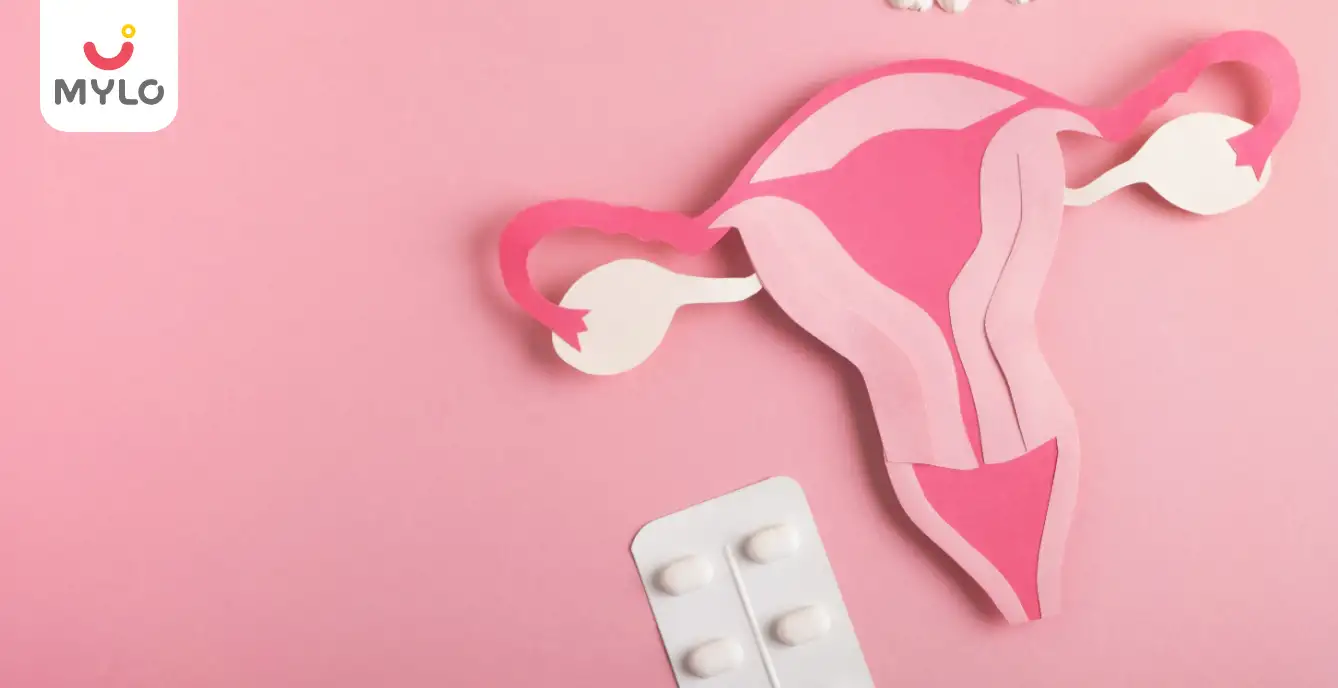
Menstrual Cycle
Deviry 10mg for Menstrual Disorders: Is It the Right Choice for You
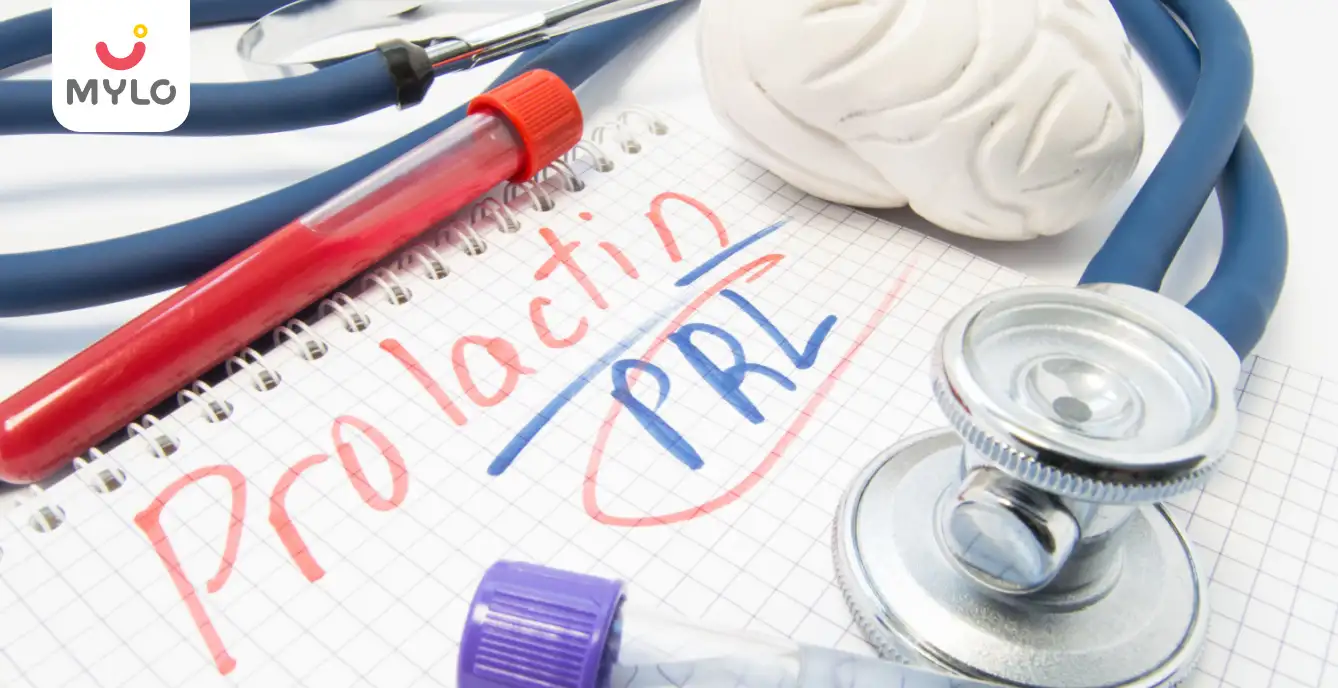
Hormones
Hyperprolactinemia: How High Prolactin Levels Can Affect Your Chances of Conception
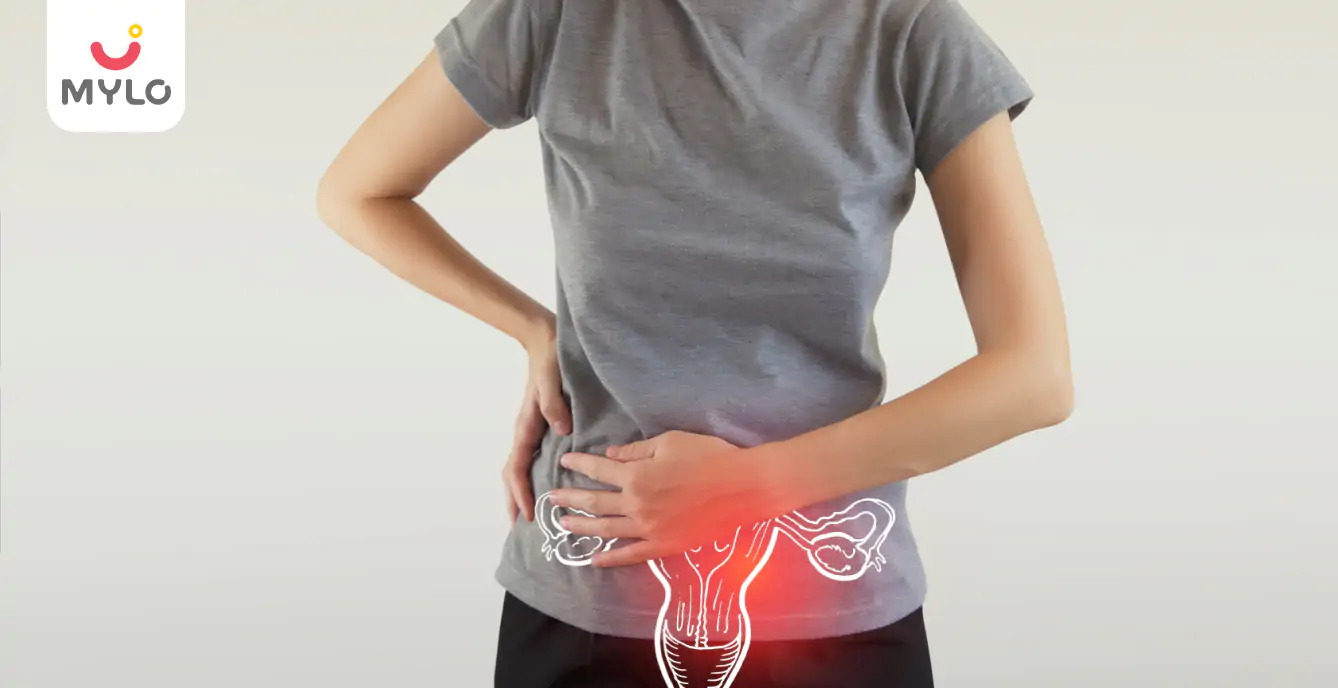
Fibroids
Myomectomy: A Comprehensive Guide to Uterine Fibroid Removal Surgery
- The Hormonal Dance: Understanding Which Hormones Regulate Menstrual Cycle
- 7 home remedies to cure cough and cold in infants
- How to Increase Endometrial Thickness: Your Guide to Science-Backed Tips
- Endometrial Scratching: The Ultimate Guide to Meaning, Benefits and Impact on Conception
- The Ultimate Guide to Buying a Baby Bath Tub for New Parents
- Strawberry in Pregnancy: Why Should This Fruit Be on Your Pregnancy Platter?
- Benefits of Wearing a Pregnancy Belt Before Delivery
- PCOS Treatment in Homeopathy: The Ultimate Guide to Natural Remedies
- Manjistha: Ayurveda's Best-Kept Secret for Health and Beauty
- Metformin for PCOS: How This Medication Can Help Regulate Hormonal Imbalances
- 5 Tips on How to Get Pregnant When You Are Fat
- Do Antibiotics Affect Fertility: Debunking Common Myths and Misconceptions
- Disadvantages of Releasing Sperm Daily: Debunking Common Myths
- Varicocele Surgery Cost: What You Need to Know Before You Go Under the Knife


AWARDS AND RECOGNITION
Mylo wins Forbes D2C Disruptor award
Mylo wins The Economic Times Promising Brands 2022
AS SEEN IN
















At Mylo, we help young parents raise happy and healthy families with our innovative new-age solutions:
- Mylo Care: Effective and science-backed personal care and wellness solutions for a joyful you.
- Mylo Baby: Science-backed, gentle and effective personal care & hygiene range for your little one.
- Mylo Community: Trusted and empathetic community of 10mn+ parents and experts.
Product Categories
baby carrier | baby soap | baby wipes | stretch marks cream | baby cream | baby shampoo | baby massage oil | baby hair oil | stretch marks oil | baby body wash | baby powder | baby lotion | diaper rash cream | newborn diapers | teether | baby kajal | baby diapers | cloth diapers |



